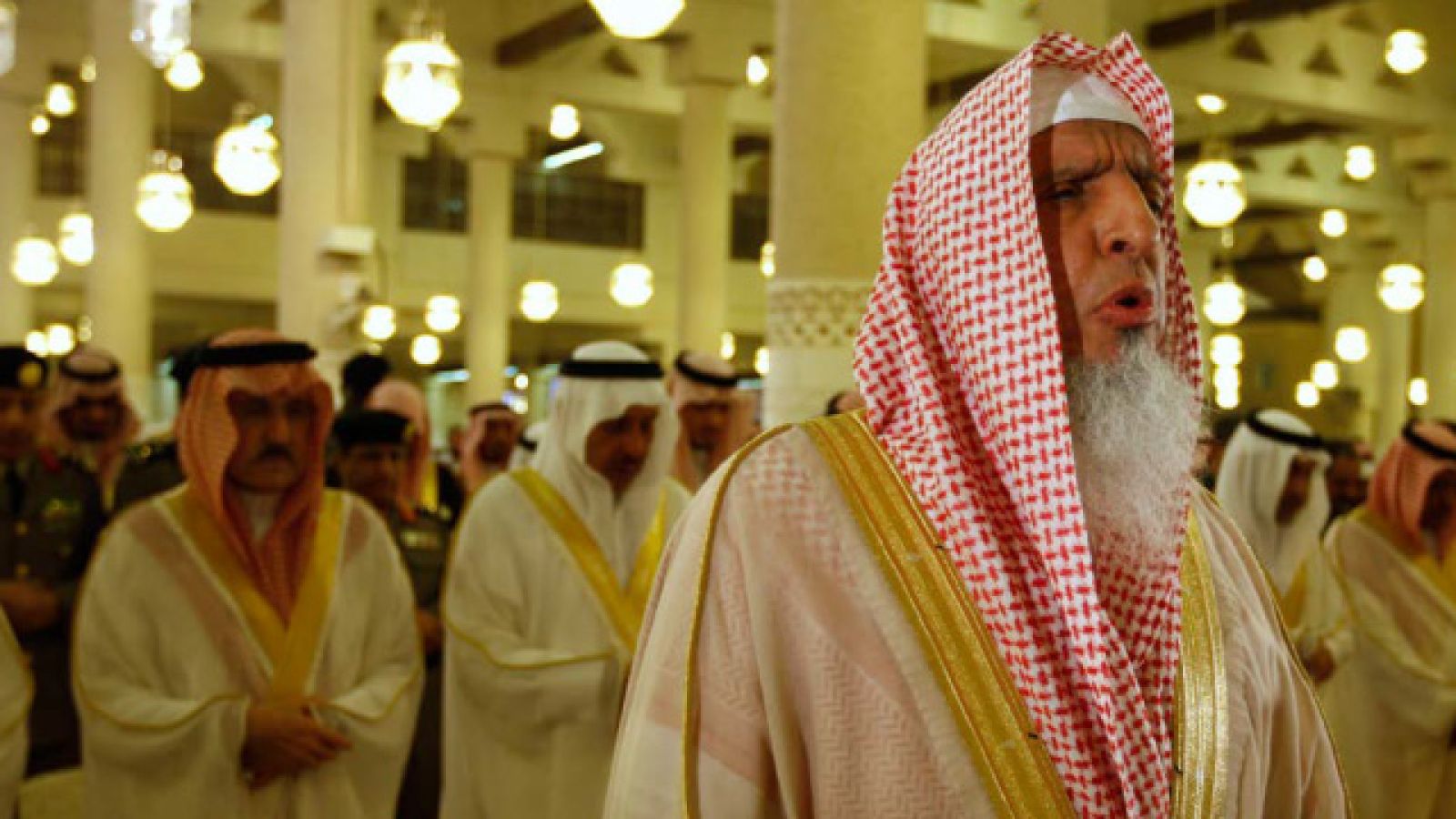ANU scholar of Saudi Arabia to give lecture at Harvard

Saudi Arabia's Grand Mufti, detail from the cover of Dr Ismail's book. Image: AP Photo/Hassan Ammar
A scholar from The Australian National University’s Centre for Arab and Islamic Studies has been invited to give a lecture at Harvard University about her study into the role Saudi clerics play in stoking Islam’s sectarian tensions.
Associate Lecturer Dr Raihan Ismail (PhD, 2013) will discuss Saudi Arabia’s clerics, Sunni and Shi’a Islam and also be a discussant in a conference organised by Harvard’s Centre for Middle Eastern Studies.
“I’m honoured and excited, and hope that the Harvard audience gains another layer of understanding of the conflict in the region,” Dr Ismail says.
“I have not seen much research into the clerics, so I wanted to deconstruct their rhetoric. I look forward to seeing what people say about my book and welcome hearing their concerns about my research and findings.”
Dr Ismail’s lecture, based on her 2016 book, Saudi Clerics and Shi'a Islam, draws on her ANU PhD research and offers a rare account of the language used by Sunni preachers, who are known for being vocal against followers of the minority Shi’a Islam sect.
“It’s not just a matter of theology, as politics accentuates tensions, but people don’t look at that,” Dr Ismail says.
“In the 1960s, the Shi’a weren’t a deal for the Saudi family because they were dealing with other issues.”
She studied Saudi clerics’ statements between 1744 and 2015, read countless fatwas or religious rulings, and their 21st century equivalents.
“Some of the clerics are big at self-promotion and are all over social media with their YouTube channels and on Facebook,” Dr Ismail says.
“They’ve got blogs and Q and As on their sites, so I could also ask them questions directly.”
Dr Ismail divides Saudi clerics into two categories: Aggressive ones who regularly highlight violence against Sunnis by groups such as Shiite militia in Iraq or Lebanon’s Hezbollah; and traditional clerics who are more restrained in their language and support Saudi Arabia’s decision to attack Yemen, sparking a war which began in 2015.
A third category, whom Dr Ismail calls “progressive clerics”, are a small group trying to bridge the sectarian divide by being more careful with their rhetoric.
Tanta-born Dr Ismail, who grew up in Malaysia and is half-Egyptian, always wanted to know more about Shi’a Muslims.
“I came to ANU Open Day one year when my daughter was three-months-old, met Professor James Piscatori at the CAIS booth, and felt inspired by him,” she recalls.
“He became my first PhD supervisora and continued to supervise me while he was based at Durham University. CAIS Director Professor Amin Saikal also came on board to help me.
“These two great scholars have helped me immensely with my research.”
Raihan’s book which deconstructs various publications, sermons and lectures by the Saudi ‘ulama’ is is available online.